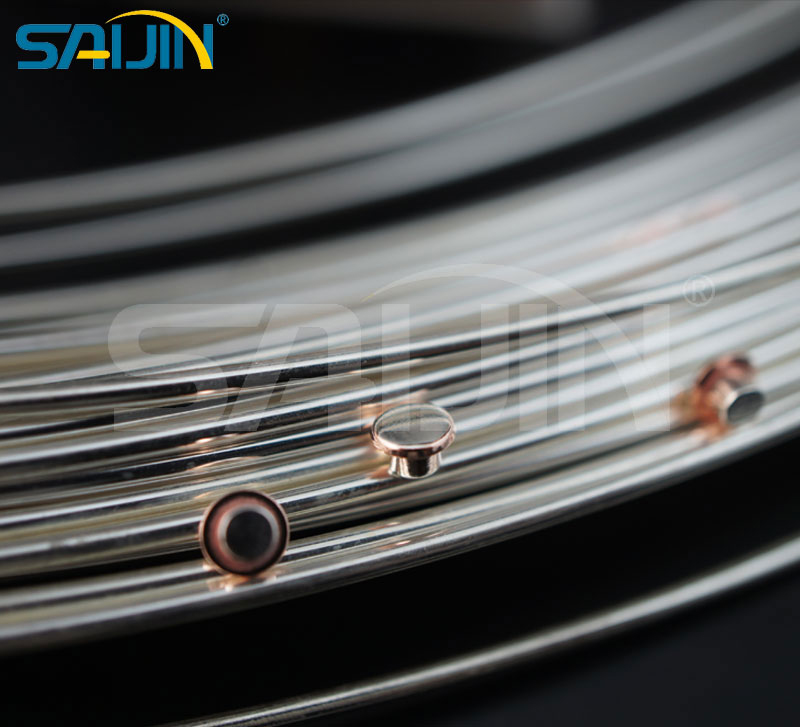What is an Alloy?
An alloy is a special combination that is created by mixing two or more elements, with at least one of them being a metal. This intentional blending is not a simple mixing like tossing different ingredients in a bowl. Instead, it involves a carefully controlled process that often requires high temperatures to melt the components together, resulting in a new material with properties distinct from its individual parts.

The creation of alloys is a practice as old as civilization itself. Early humans discovered that by combining certain metals, they could produce materials that were stronger, more durable, or more resistant to corrosion. For example, bronze, an alloy of copper and tin, was a revolutionary material in ancient times. It was used to create weapons, tools, and decorative objects, replacing the less efficient and more brittle stone and pure copper items.
One of the main reasons for making alloys is to enhance the properties of the base metal. Pure metals often have limitations. They might be too soft, too reactive, or not have the right combination of strength and flexibility for a particular application. By adding other elements, these drawbacks can be overcome. For instance, steel, an alloy of iron and carbon, is far stronger and more versatile than pure iron. It is used in everything from building skyscrapers to manufacturing automobiles.
Another advantage of alloys is their ability to maintain their properties under different conditions. Some alloys are designed to be heat - resistant, making them suitable for use in high - temperature environments such as jet engines. Others are created to be highly conductive, which is crucial for electrical applications.
Among the vast array of alloys, silver alloy wire is a remarkable example. Silver, on its own, is a highly conductive and malleable metal. However, by alloying it with other elements, its properties can be fine - tuned. For example, when silver is alloyed with copper in silver alloy wire, the resulting wire not only retains much of silver's excellent electrical conductivity but also gains enhanced strength and durability. This makes silver alloy wire ideal for use in applications where a combination of high conductivity and mechanical integrity is required, such as in high - end electronics, precision electrical connectors, and certain types of jewelry where both beauty and strength are desired.
In conclusion, alloys, including those like silver alloy wire, play an indispensable role in modern life. They are the building blocks of countless industries, from aerospace to electronics, and continue to drive innovation and technological advancement.




